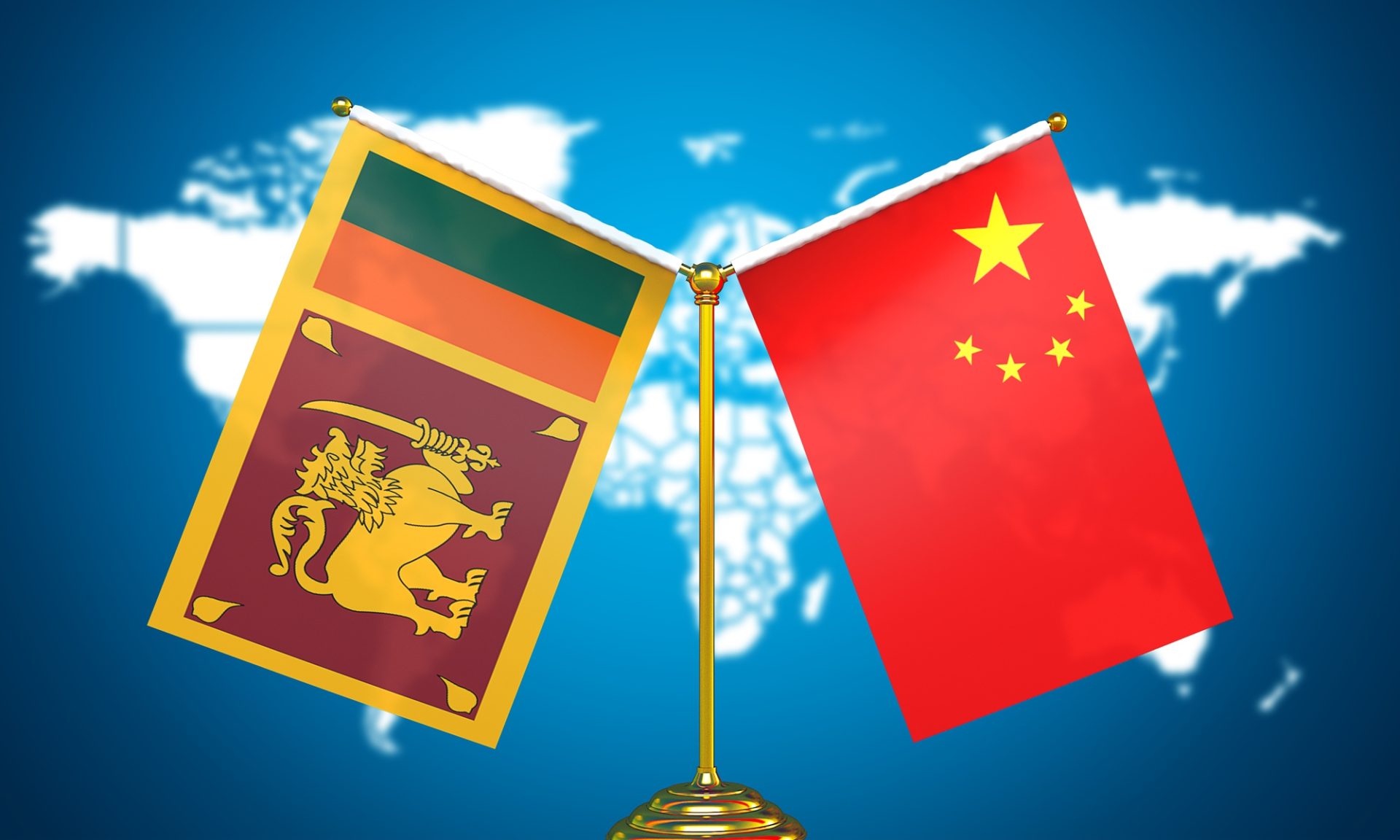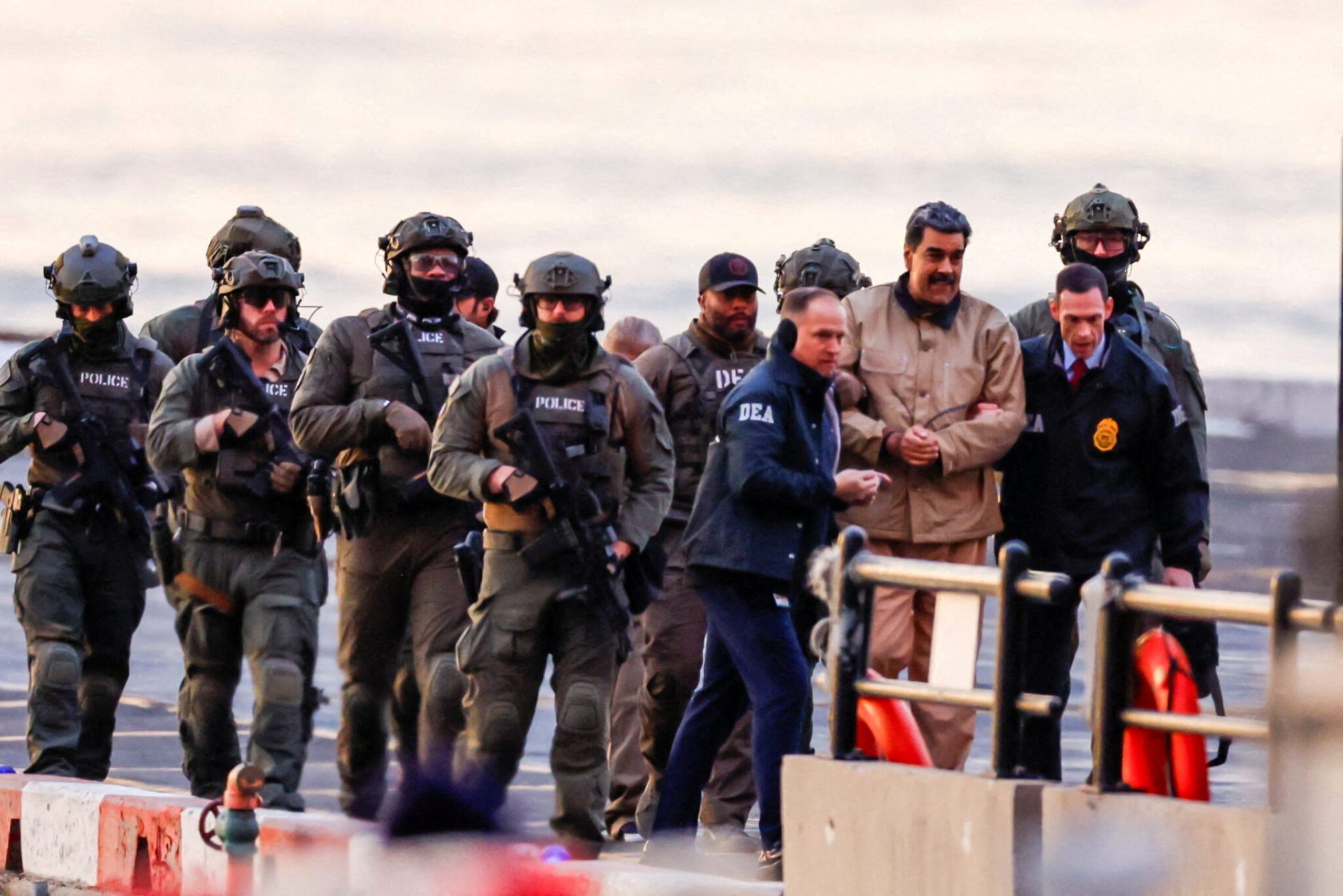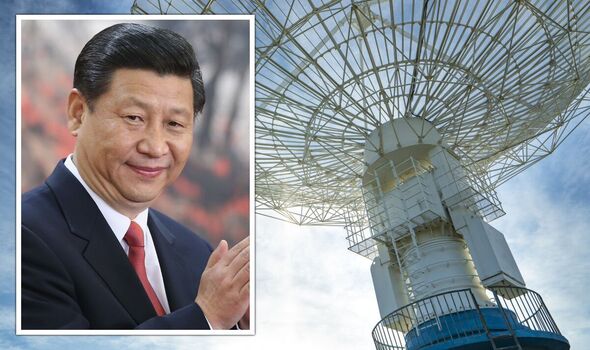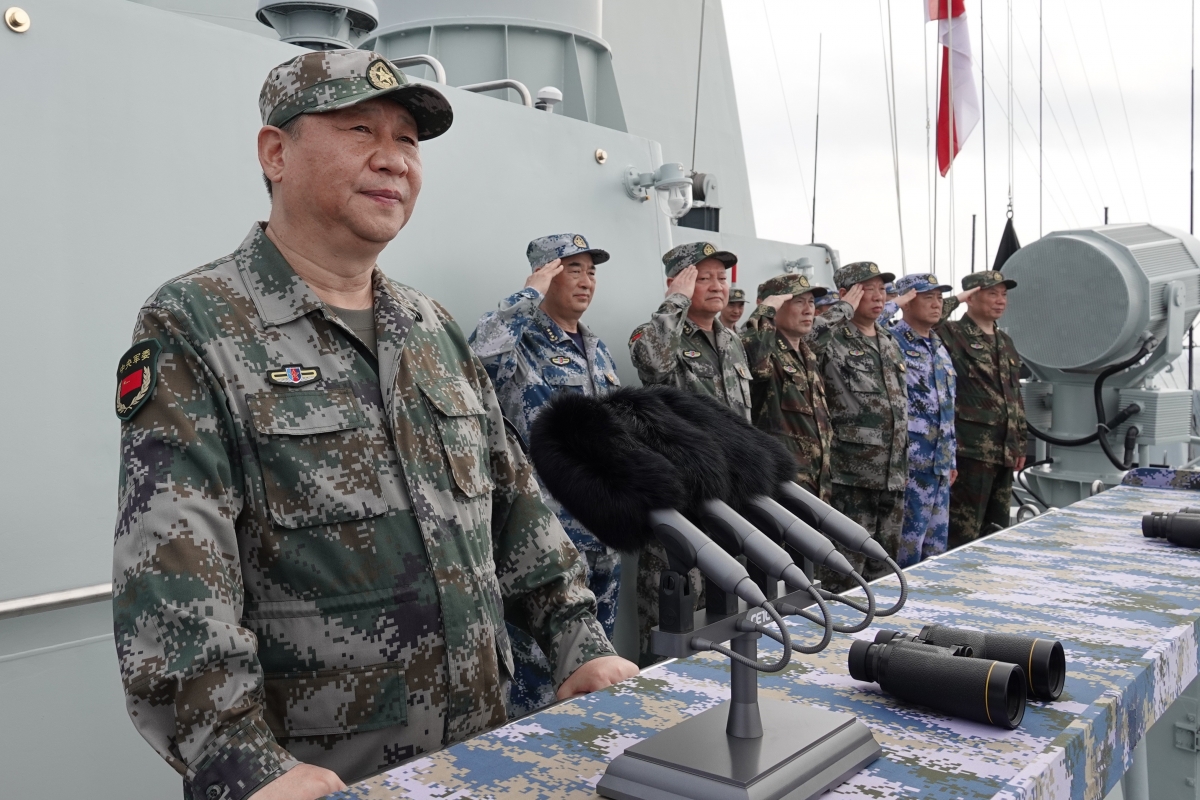Recently, Maldivian President Muizzu, widely perceived as being pro-Chinese, won a landslide victory in the Indian Ocean archipelago’s parliamentary elections. Muizzu’s People’s National Congress (PNC) won 66 seats in the 93-member house. With this victory, the Maldivians are considered to have endorsed Muizzu’s policy on India. Muzzu came to power with the ‘India Out’ mantra as his main pledge to the nation.
In the background of the economic crisis and popular uprising, Sri Lanka’s upcoming presidential election assumes greater significance. A recent report by the US intelligence community has revealed how China can interfere in elections in other countries.
The Office of the Director of National Intelligence’s 41-page annual threat assessment stressed that China may attempt to influence the 2024 election in the United States. “China’s desire to sideline critics of China and magnify U.S. societal divisions. PRC actors’ capabilities have increased to conduct covert influence operations and disseminate disinformation. Even if Beijing sets limits on these activities, individuals not under its direct supervision may attempt to influence activities they perceive are in line with Beijing’s goals,” the report states.
US Secretary of State Antony Blinken shared his concern with CNN in an interview: “We have seen, generally speaking, evidence of attempts to influence and arguably interfere.” In this regard, US National Security Adviser Robert O’Brien stated that “China has taken the most active role among countries seeking to interfere in the U.S. election and has the biggest program to influence domestic politics.”
In November 2023, CNN reported a shocking fact on this issue: China maintains secret accounts, known as “spamouflage” or “dragonbridge” on the Internet to support Donald Trump and run down President Joe Biden. This social media platform has not only harassed Americans who have criticized the Chinese Communist Party (CCP) but has also sought to discredit US politicians, disparage American companies at odds with China’s interests, and hijack online conversations around the globe that could portray the CCP in a negative light, the CNN article says.
Why is China targeting other countries’ elections? The answer is simple. It means opening the door for the CCP to expand its influence around the world. China conducts its covert operations in two ways. One is to bring the political elite of other countries, particularly smaller countries, under the influence of the CCP; and the second is to meddle in elections to bring in favorable political elites that benefit the CCP’s long-term interests.
At this point, the question arises if China can interfere in the presidential election of a country like the United States, how can we mitigate the risk to a small country like Sri Lanka? If China wants to interfere in the elections, it is not a big deal for it. China is more than likely to interfere in the upcoming presidential election in Sri Lanka.
China is aggressively working to expand its influence in India’s smaller neighbors. There is no doubt that China has made significant progress in its move. Just twenty years ago, India’s neighboring countries, apart from Pakistan, were solely dependent on India. But now all the small countries except Bhutan are trying to identify themselves as neutral countries in the India-China rivalry.
At the same time, the characteristics of small countries in South Asia have changed dramatically, and all are seeking China’s partnership. During Mahinda Rajapaksa’s reign, Sri Lanka became a pro-China nation. If Rajapaksa had continued in power, Sri Lanka might well have become a colony of China.
The Maldives’ pro-Chiina regime change is a striking illustration of how a small nation’s relationship with a regional power can dramatically change. The Maldivian president has turned against India’s strategic interests. The success of China’s strategy to deeply penetrate the local politics of India’s neighbors is quite evident.
As for Sri Lanka’s upcoming presidential election, the current president, Ranil Wickremesinghe, who has seen himself as a master of ideas to pull the country out of its economic morass, is not yet a solid candidate. However, according to independent surveys, Ranil is now third in the presidential race. The two main candidates in front are JVP leader Anura Kumara Dissanayake and opposition leader Sajith Premadasa. The situation may of course change in the upcoming months.
The Sinhala nationalist JVP has been known for its anti-Indian rhetoric and protests. Beijing’s approach is crystal clear; it looks for opportunities to fish in places where anti-Indian sentiments are deeply rooted. However, the JVP, which now presents itself as the National People’s Power, has been trying to project a different image. However, even a small mistake during the presidential race can have dire consequences. China is no doubt gleeful about its strategic accomplishments in the Maldives. No doubt the “India Out” campaign heated up there during the presidential race.
One cannot underestimate China’s interest in Sri Lanka. At this point, it is essential to consider the prophecies of Prof. Patrick Mendis who said, “The ancient Buddhist Island is pivotal to the master plan of the 2049 centennial goal of the Chinese Communist Party (CCP) and the completion of its great rejuvenation”.
He reveals an important historical fact: Xushi Yine, the 19th Chinese descendant of Sri Lankan prince Ba, known as the Chinese kumarikawa (princess) in Sri Lanka, visited Sri Lanka during the Mahinda Rajapaksa era. Someday, in 2049 or even before that, Sri Lanka may well have a prime minister or president of Chinese heritage! Don’t be surprised, Mendis said. If that’s the prophecy, then Sri Lanka may already be on the Chinese hegemonic map.




